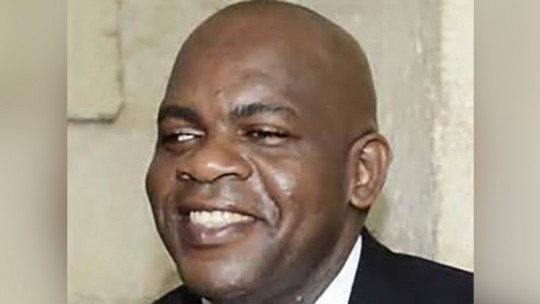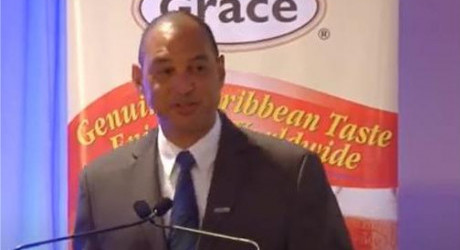By Earl Moxam
News that blind persons in the American State of Iowa will now be able to acquire permits to carry guns in public has left one leading advocate for the disabled in Jamaica somewhat bemused.
According to Senator Floyd Morris, Coordinator/Head for the UWI Centre for Disabilities Studies, this might be going a step too far.
Iowa’s Des Moines Register newspaper reported on Tuesday that the State has decided to grant permits, to acquire or carry guns in public, to people who are legally or completely blind.
This has given rise to an interesting debate, as reported by the newspaper, with Cedar County Sheriff Warren Wethington, and Jane Hudson, Executive Director of Disability Rights Iowa, both supporting the move.
Hudson told the paper that blocking visually impaired people from the right to obtain weapon permits would violate the Americans with Disabilities Act. That federal law generally prohibits different treatment based on disabilities
On the other side of the debate, Dubuque County Sheriff Don Vrotsos said he wouldn't issue a permit to someone who is blind, while Patrick Clancy, Superintendent of the Iowa Braille and Sight Saving School, said “guns may be a rare exception to his philosophy that blind people can participate fully in life,” according to the newspaper.
Morris
That position seems to come closest to the view adopted by Floyd Morris, who is himself visually impaired.
“I don’t understand the utility of such an equipment to a person who is visually impaired, on a daily basis. I therefore do not subscribe to the visually impaired person carrying around a device of that nature on his person,” he told RJR News.
One dangerous practical consideration, he said, was the possibility of someone who is sighted ambushing and disarming the visually impaired person, “to be detrimental of the very same visually impaired person.”
Morris, who is President of the Jamaican Senate, is not entirely ruling out the option of gun ownership for the blind. He believes a visually impaired person should have the right to acquire a firearm that would be legally used by a sighted person, employed by the owner of the gun.
“I believe that people who own property, including the blind, should be able to able to access the protection of a legal firearm,” he said.
On the other hand, the blind person being given the right to carry it around on a daily basis was not a practical consideration, he reiterated.


.jpg)







 All feeds
All feeds







